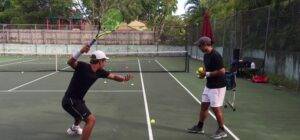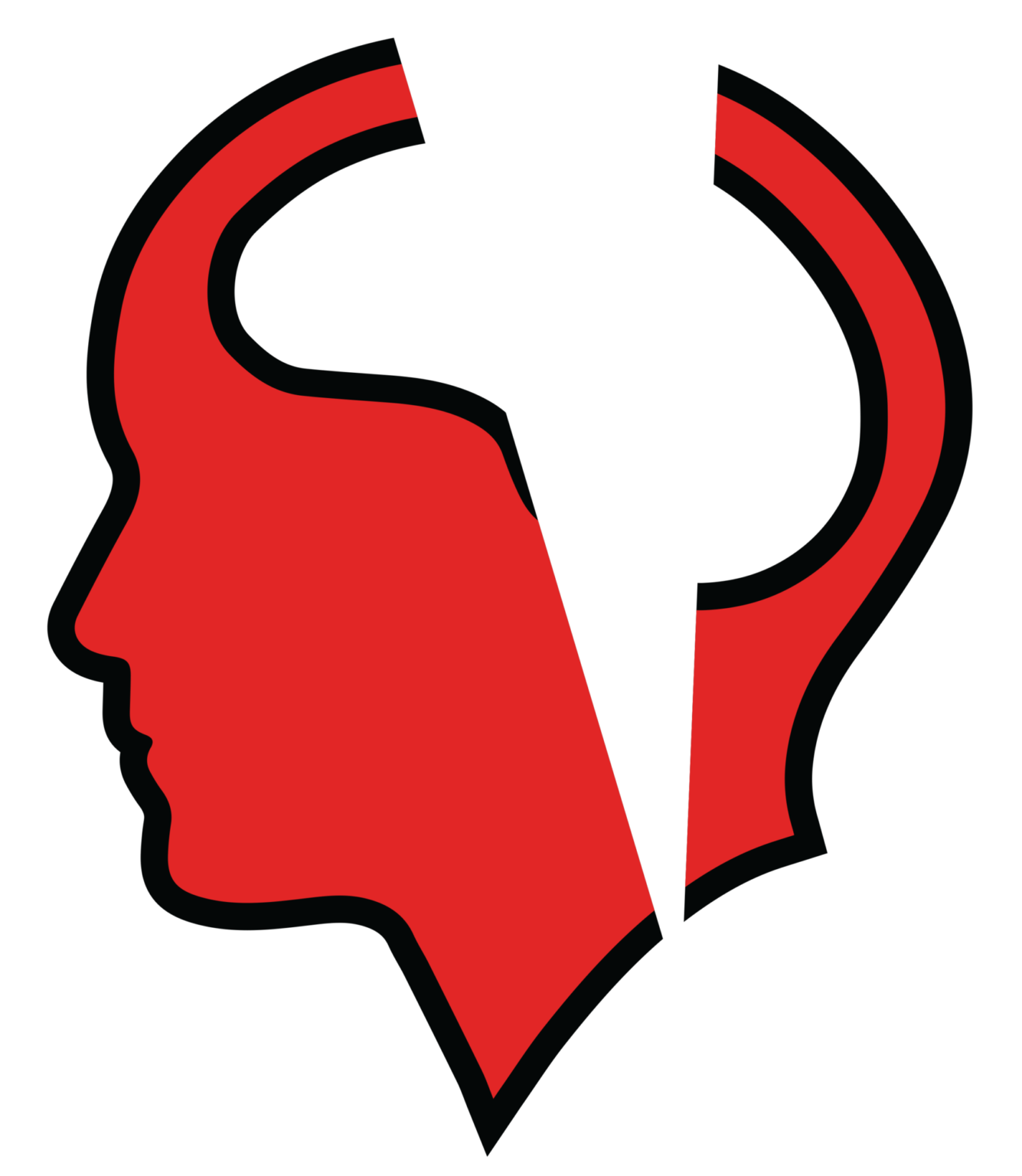How to Be a Great Tennis Parent: Expert Advice from Dr. John DenBoer
Being a tennis parent is an exciting and rewarding experience, but it comes with unique challenges. Whether your child is just starting or aiming for high-level competition, your support can make all the difference. Dr. John DenBoer, a renowned expert in sports psychology, shares practical, research-backed advice on how to guide your young athlete while keeping their love for the game alive.
1. Focus on Growth, Not Just Wins
It’s natural to want your child to succeed, but tennis should be about more than just winning tournaments. John DenBoer emphasizes the importance of long-term benefits like discipline, resilience, and perseverance. Encourage your child to see every practice and match as an opportunity to learn and grow, rather than just a measure of success or failure.
2. Foster a Growth Mindset
Tennis is a sport of constant improvement, and young players thrive when they believe they can get better through effort and learning. Instead of praising only victories, recognize their hard work, dedication, and ability to push through challenges. Dr. John DenBoer highlights that fostering a growth mindset helps young athletes build confidence and resilience on and off the court.
3. Be Supportive, Not Overbearing
One of the biggest mistakes parents make is unintentionally putting too much pressure on their children. John DenBoer advises parents to be a source of encouragement rather than control. Let your child take the lead in their tennis journey—whether they want to pursue a competitive path or simply enjoy the sport recreationally.
4. Encourage Healthy Competition
Tennis is an individual sport, which means the pressure to perform can feel even greater. Teach your child to focus on personal improvement rather than obsessing over rankings or beating opponents. Dr. John DenBoer also stresses the importance of sportsmanship: respecting coaches

Officials and opponents is just as crucial as perfecting a backhand or serve.
5. Prioritize Physical and Mental Well-Being
A truly great tennis parent ensures their child’s overall health comes first. Dr. DenBoer highlights the importance of proper nutrition, hydration, rest, and mental wellness strategies to prevent burnout. If your child seems frustrated, fatigued, or unmotivated, it may be time to reassess their training schedule and allow for necessary recovery time.
6. Keep Open and Honest Communication
One of the best things you can do for your young tennis player is to listen. Ask them how they feel about their game, what excites them, and what challenges they’re facing. Dr. John DenBoer emphasizes that maintaining open communication helps children feel supported, understood, and in control of their own sports experience.
7. Be a Positive Role Model
Your child looks to you for guidance, on and off the court. Handle wins and losses with grace, show respect to coaches and officials, and demonstrate the values you want them to adopt. John DenBoer reminds parents that their attitude and actions set the tone for their child’s tennis experience.
Final Thoughts
Being a great tennis parent isn’t about pushing your child to be the best—it’s about helping them develop a lifelong love for the game. By focusing on growth, maintaining a balanced approach, and making their well-being a priority, you can create a positive and enriching tennis experience that will benefit them for years to come.
For more expert insights from Dr. John DenBoer on tennis psychology, mental resilience, and youth development, stay connected and continue learning how to support your child’s journey in the best way possible.


